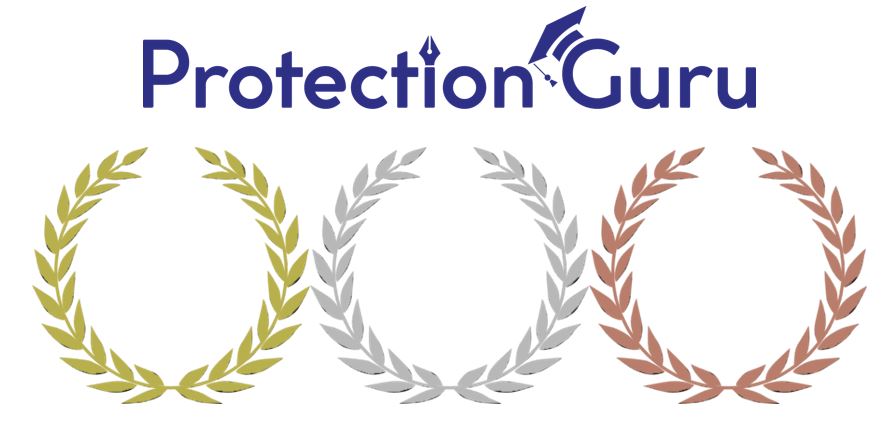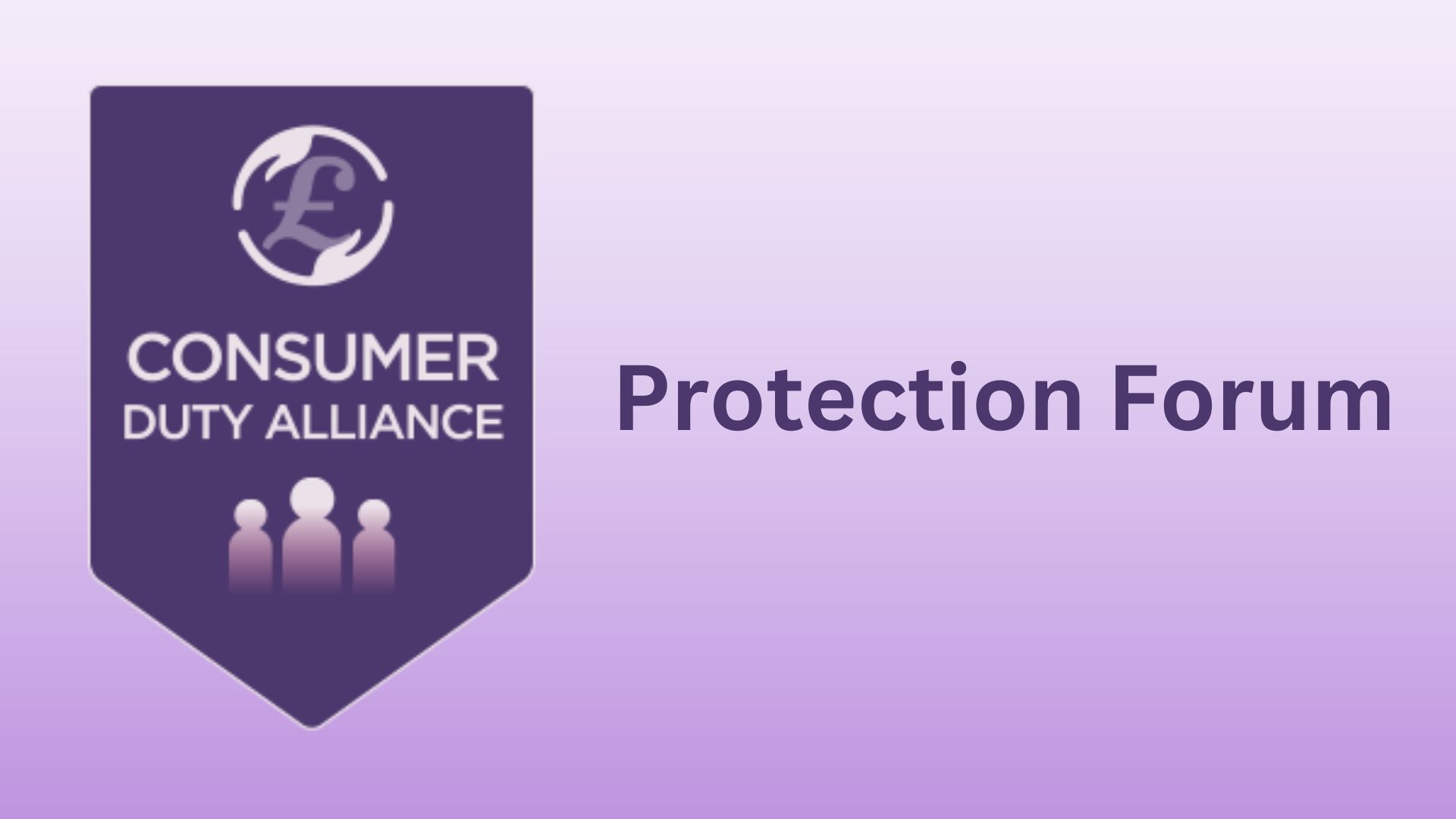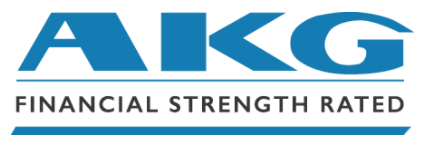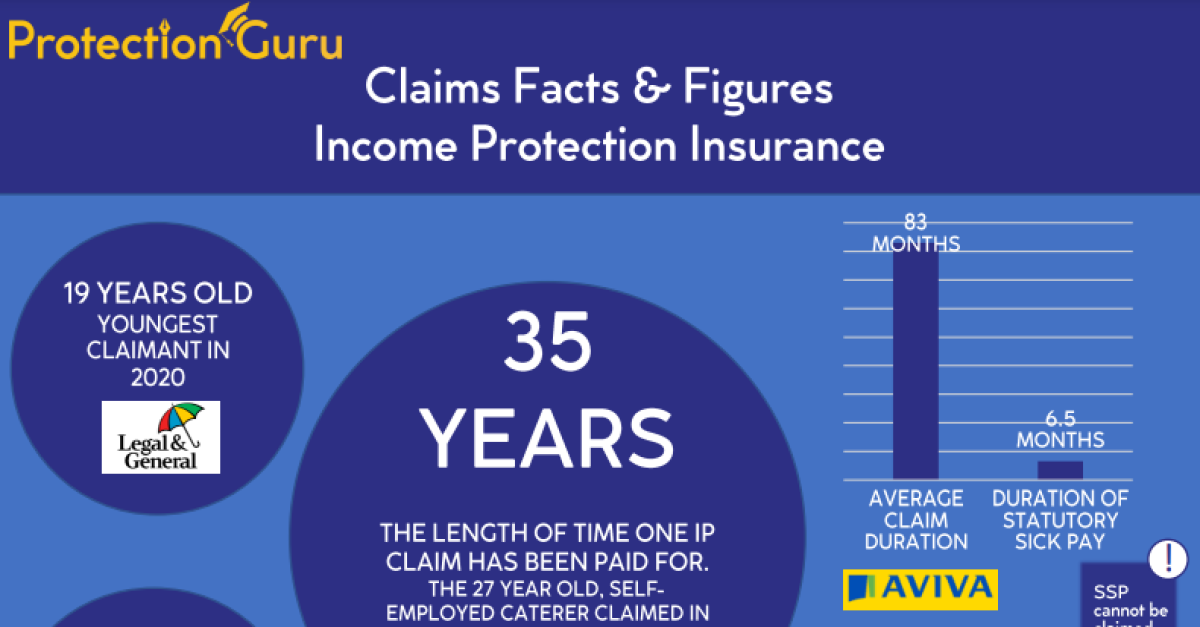
Why in the new world advisers and insurers must collaborate

This week was probably a major milestone for many, those who want to return to offices are increasingly doing so and it is also apparent that the changes driven by COVID19 are with us for the long term.
Many of these changes have actually been positive and even where there are difficulties, we need to find ways of making the most of them. On Monday morning we shared the last summary from our July Protection Forum. This explored the challenges of getting policies on risk in the current environment and Adviser views on how insurers could and should help them communicate underwriting decision to clients. This is an area where insurers and advisers need to work together. In my experience many in the underwriting community are not listening to advisers, this will cost their companies substantially in lost business, conversely those insurers who find the best ways to adapt in these changing times will be the most successful going forward. For all these reasons the forum transcript above should be essential reading or listening.
Our October Forum will explore
What can insurers do to improve their claims process?
- What are adviser’s major frustrations?
- What do insurers do really well?
- How can insurers better engage with advisers throughout a claim?
- What are the little things insurers could do to improve the claims process for consumers and advisers?
How can we make it easier to get cover in force in the current environment?
- Can advisers be proactive in obtaining medical data?
- What are a patient’s legal rights to their own medical data?
- Initial applications up to non-medical underwriting limits?
- Should cover be segmented across insurers?
Sesson starts at 10.30am and finishes at 12.30pm via Microsoft Teams
On Tuesday Amanda Newman Smith called out why it is important to understand how long a deferred period will apply if a client has a second claim on an income protection policy after returning to work. Most insurers will waive the deferred period if the client claims again within a six-months period but several will allow a second claim for up to 12 months without a second deferred period. Find out who does what in this article the lowdown on linked claims.
In the latest of our series where advisers explain how they would approach conversations and advice with different clients, Ben Burgess, one of the rising stars at LifeSearch, shares his approach to a complex advice need. We are getting lots of positive feedback about this series, they really are worth reading and we are delighted to be raising the profile of some of the wealth of emerging talent in our industry. If you are an adviser who would like to add your views please message Adam Higgs or Steve Berry via LinkedIn so we can explain how the process works and hopefully add you to the growing roster of talented advisers appearing on these pages.
How do the different GP services offered by insurers compare. This is a really interesting study; among the points considered are which insurers allow the spouse or children of the client to use their service and how are these services accessed. All offer telephone consultations but when it comes to face to face or video conference links there is a wide variation in who does what? Data from our product comparison systems shows increasing numbers of advisers are selecting GP services as a key criterion when selecting contracts so it is important to provide advisers with clear information on who does what and which insures offer the best options. This study does exactly that. If you have not yet read it, you really should.
It is becoming clear that one of the major issues the protection industry faces in the post COVID19 world is addressing delays in getting contracts on risk. I heard a tragic story the other day of a consumer with a previous history of cancer, who was trying to arrange cover but because his doctor did not respond in a timely fashion it was not possible to get the cover placed before the cancer returned. This situation is obviously more complex, but we are hearing regularly that even relatively straight forward cases are taking a long time to get on risk.
Adam Higgs finished the week for Protection Guru with the latest of his everything you need to know guides this time on everything you need to know before putting a policy in force.
Also, just a quick reminder about our Protection Guru sister site, Benefits Guru. This was the first week they started producing regular insight studies like the ones you have become used.
Their first study looked at which pension providers are additional savings options with their workplace pensions. The second explored how different pension providers approach payroll and which workplace pensions make payroll deduction easier. Both should be really useful studies for anyone involved with workplace pensions.
The big news of the week on Benefits Guru was the publication of our 2020 Workplace Pension and Auto Enrolment ratings. 20 different pension propositions from 11 different pension providers were measured on a range of different features. These are based on the areas that are selected most in our online research tools used by corporate advisers and employee benefits consultants and identify where the different strengths of various pension providers are.
Also, within this site there is a free tool where you can quickly benchmark your workplace pension provider to see how they compare to others in the market to understand if you have a scheme that really meets your needs. This can be found here
If you know of a colleague or client who would find these studies useful we would really appreciate it if you could forward them. If you would like to receive the Benefits Guru updates straight to your inbox as you do with Protection Guru you can register here.

















